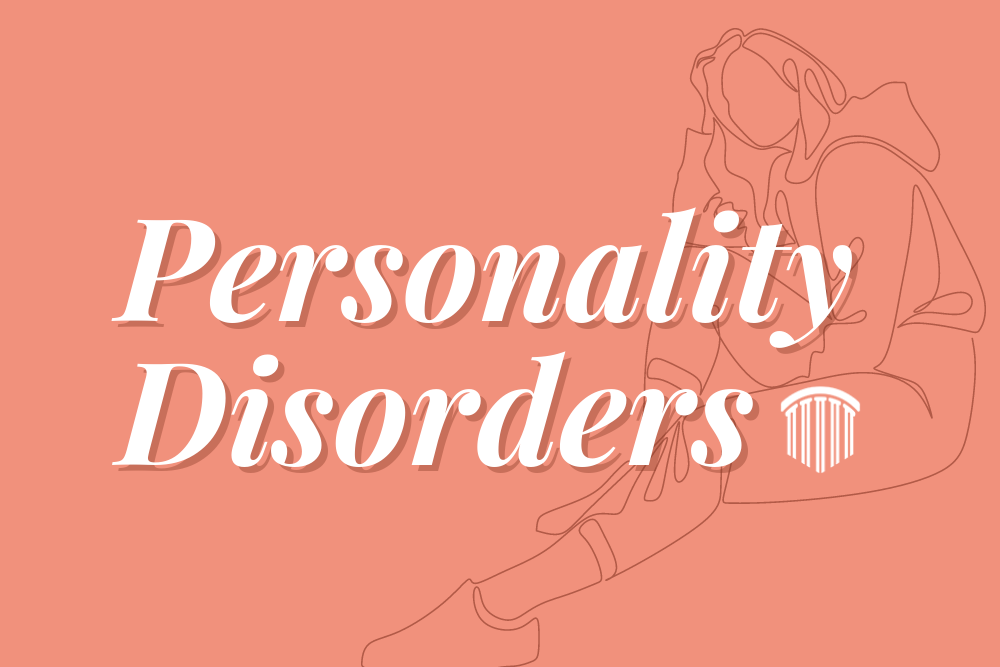What is a Personality Disorder?
Our personality is what differentiates us from others, but there are times when a personality can be a mental health concern. This is the case with personality disorders. Personality disorders affect the way a person thinks, feels, and behaves within society. A person with a personality disorder might behave in a way that is considered “abnormal” when compared to the rest of their culture, and this can be concerning to the people who surround this person.
There are a number of types of personality disorders, and they are characterized by a pattern of behavior that spans over a long period of time. Often the people who surround an individual with a personality disorder first notice the behavior because they are closest to the person. Changes can appear subtle at first, but as the pattern emerges, the potential of a personality disorder becomes more evident.
Types of Personality Disorders
There are 10 types of personality disorders, and they are classified based on how each disorder affects a person’s way of thinking about themselves and others. They also affect emotional responses, relationship to others, and behavioral control. Some of the more well-known personality disorders include:
- Antisocial Personality Disorder
- Borderline personality disorder
- Avoidant personality disorder
- Narcissistic personality disorder
- Paranoid personality disorder
Each of these personality disorders has a direct impact on a person’s ability to interact with others. Antisocial personality disorder is characterized by violating the rights of others through deception, and a person with borderline personality disorder exhibits difficulty in maintaining healthy relationships. Avoidant and paranoid personality disorders affect a person’s confidence and ability to trust others, and a person with narcissistic personality disorder generally lacks empathy for others.
When Do Personality Disorders Develop?
Personality disorders can develop at any time in a person’s life, but they most commonly occur in adolescence and early young adult years. This is mostly due to this being a transitional time for people. A person’s younger years also begin to make an impact on their life. Adolescence is the time when a person is starting to solidify former behaviors into a pattern of personality. It’s not uncommon for someone with a personality disorder to not notice an issue with behavior, so it is often the loved ones who raise concern.
Help for Your Teen at The Forum
If you’re beginning to notice changes in behavior in your teen that could indicate a personality disorder, The Forum at San Diego Brainworks can help. Our treatment program, designed specifically for teens, provides thorough and comprehensive treatment to help them manage the difficulties of any mental health issue. If you’d like to learn more about our services and how we can help with a developing personality disorder, contact our team today.



